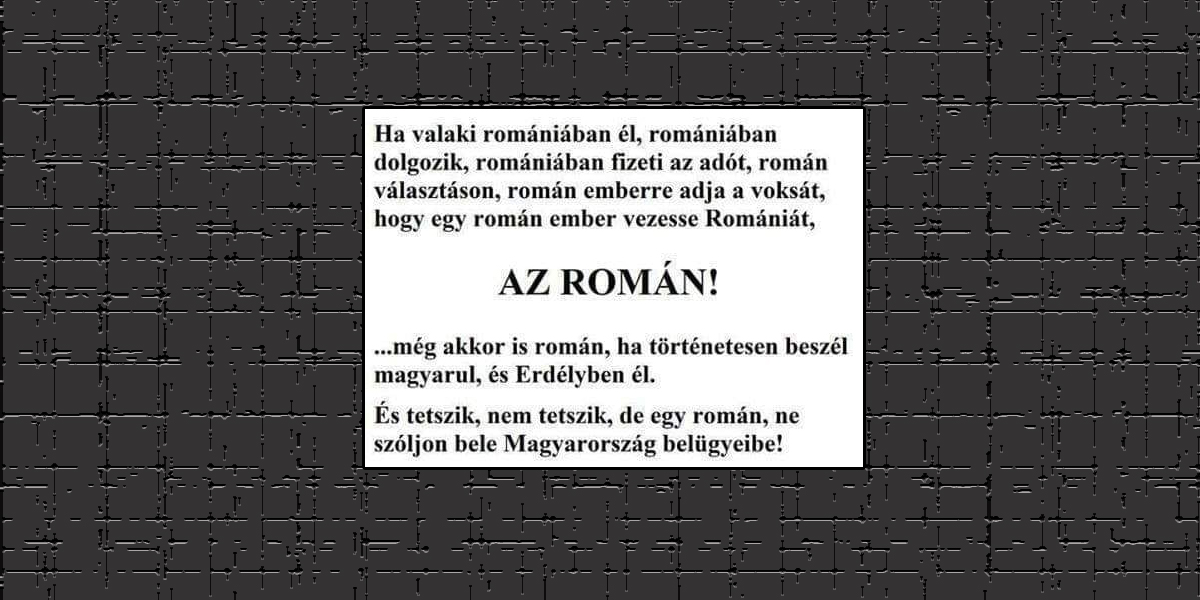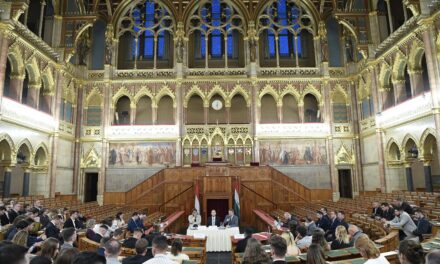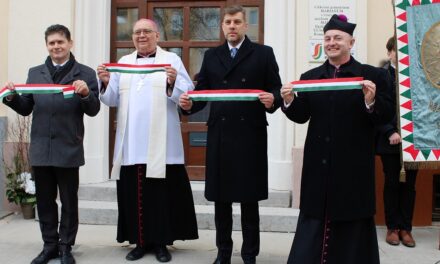The other day I came across a post on Facebook that essentially romanized the Transylvanian Hungarians. I feel that, as a history teacher, I cannot ignore the material errors and conceptual confusions of the text (and I didn't even mention the spelling). See the original post on the front page.
The author basically confuses nationality with citizenship. In a modern, democratic state, the person who professes/feels/considers himself/herself to belong to a certain nationality is considered to belong to it. This has nothing to do with where a given person lives, works, pays taxes, votes, etc.
However, it has more to do with the native language, culture, history and traditions of which nation you feel is your own.
Another concept is citizenship. This has nothing to do with where a person lives, works or pays taxes. It really has something to do with where you can vote, because in a democratic state of law, every citizen has the right to vote (with the exception, of course, of minors and those prohibited from exercising public affairs).
In the past, there were other criteria, such as gender, wealth, education, or even social class, but in the last century we tried to abolish them rather than introduce new ones.
Today, Hungary, as a rule of law, provides all its citizens with the right to vote. Also for citizens of Romanian nationality, for example Romanian residents of Méhkerék, Gyula or Battonya. In addition, of course, also to citizens living outside the current national borders, for example in Cluj or London. That's the only way it can be.
The last sentence of the post perhaps has an even more eerie effect on the 21st century. century: "a Romanian should not interfere in the internal affairs of Hungary!" Could we replace Romanians in this sentence with, for example, Gypsies or Jews? It would rightfully be a big scandal.
Ádám Bodó / Facebook












